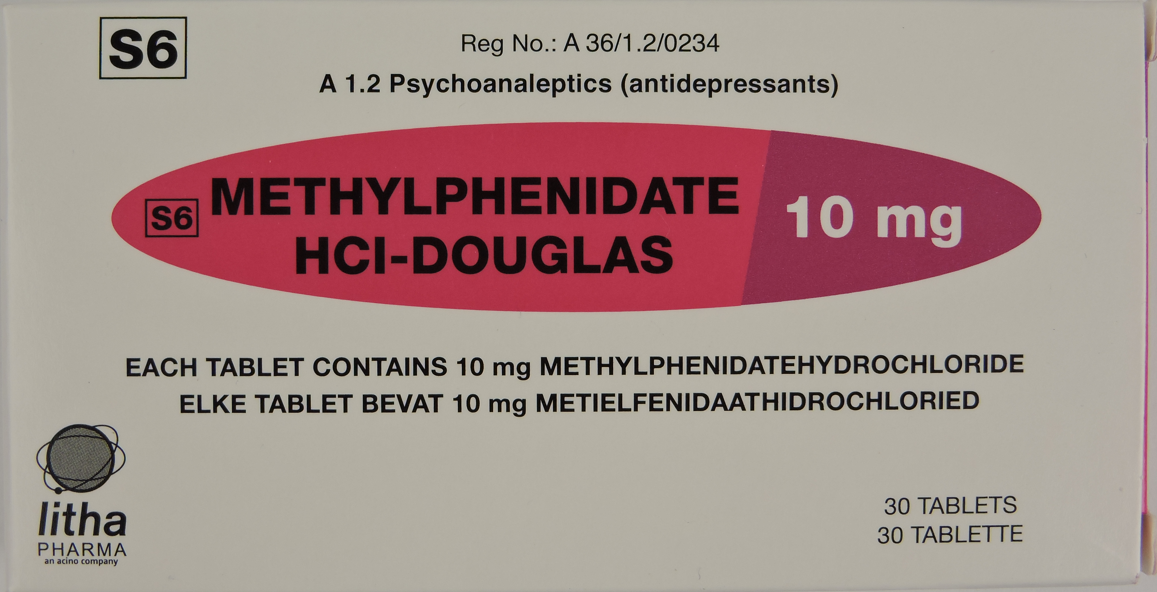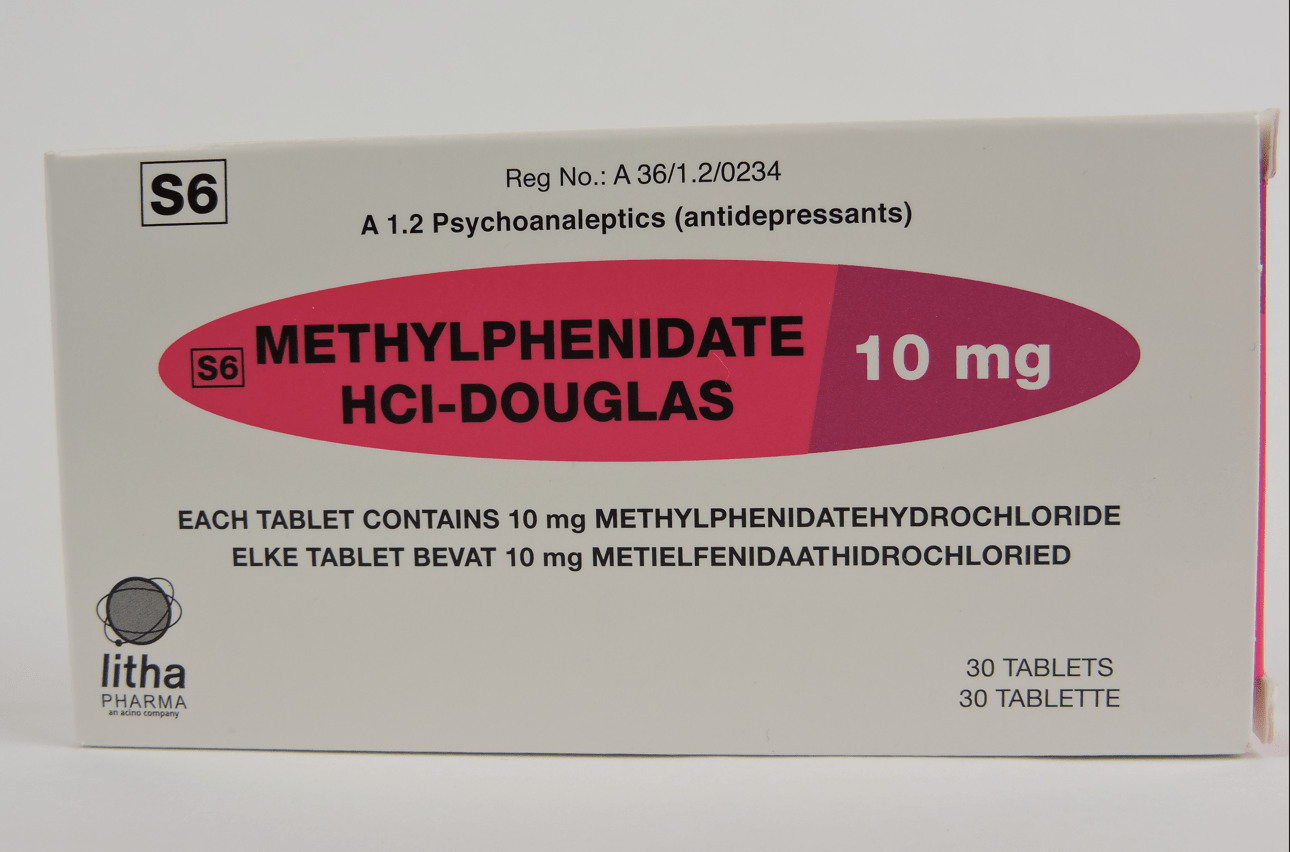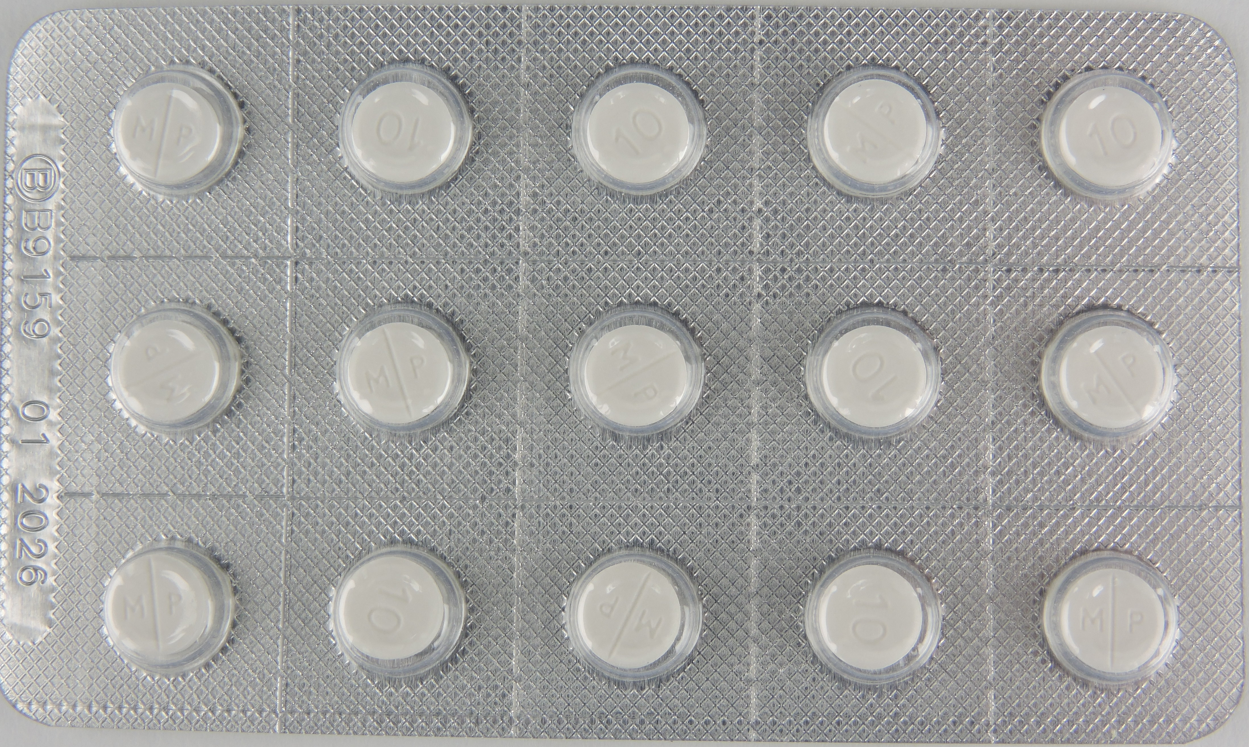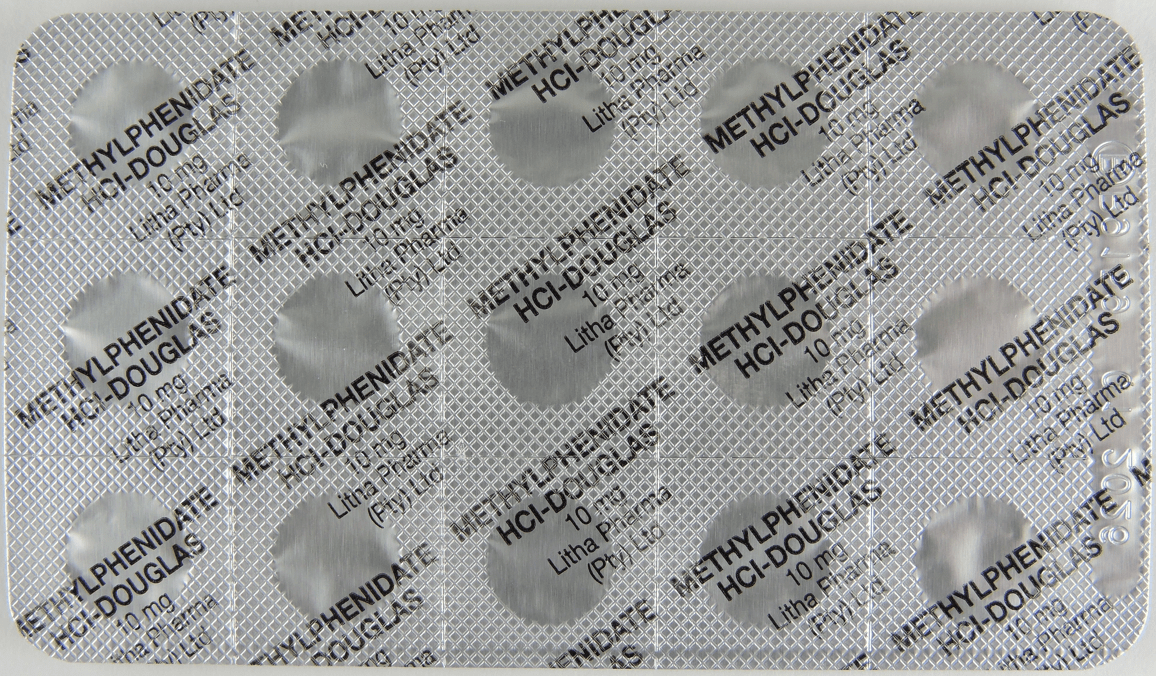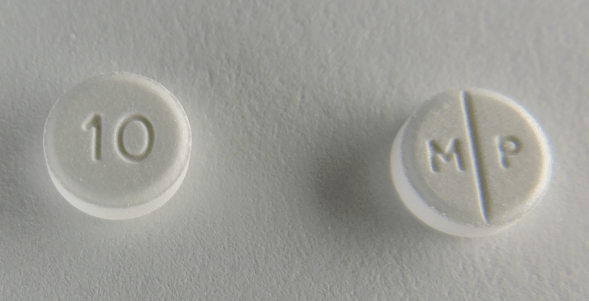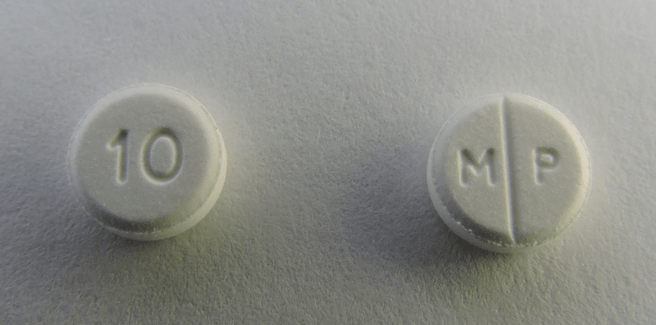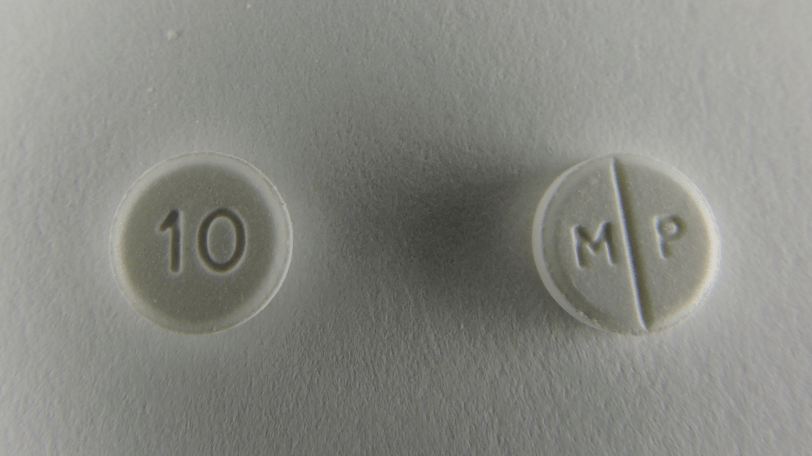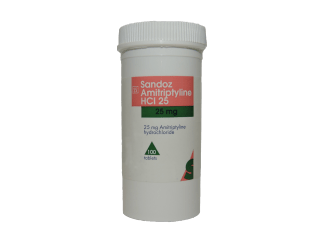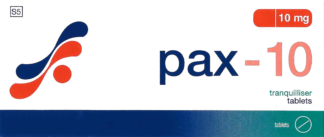Description
Methylphenidate is a central nervous system stimulant. It affects chemicals in the brain and nerves that contribute to hyperactivity and impulse control.
Methylphenidate is used to treat attention deficit disorder (ADD), attention deficit hyperactivity disorder (ADHD), and narcolepsy.
Warnings
Methylphenidate may be habit-forming. Misuse can cause addiction, overdose, or death. Tell your doctor if you have had problems with drug or alcohol abuse.
Stimulants have caused stroke, heart attack, and sudden death in people with high blood pressure, heart disease, or a heart defect.
Do not use methylphenidate if you have used an MAO inhibitor in the past 14 days, such as isocarboxazid, linezolid, methylene blue injection, phenelzine, rasagiline, selegiline, or tranylcypromine.
Methylphenidate may cause new or worsening psychosis (unusual thoughts or behavior), especially if you have a history of depression, mental illness, or bipolar disorder.
You may have blood circulation problems that can cause numbness, pain, or discoloration in your fingers or toes.
Call your doctor right away if you have: signs of heart problems – chest pain, feeling light-headed or short of breath; signs of psychosis – paranoia, aggression, new behavior problems, seeing or hearing things that are not real; signs of circulation problems – unexplained wounds on your fingers or toes.
Tell your doctor if you have a history of drug or alcohol addiction. Keep the medication where others cannot get to it.
How to use methylphenidate HCl
Take this medication by mouth as directed by your doctor, usually 2 or 3 times a day. This medication is best taken 30 to 45 minutes before a meal. However, if you have stomach upset, you may take this medication with or after a meal or snack. Taking this medication late in the day may cause trouble sleeping (insomnia).
Take this medication regularly to get the most benefit from it. To help you remember, take it at the same times each day.
The dosage is based on your medical condition and response to treatment. Your doctor may direct you to gradually increase or decrease your dose. Also, if you have used it for a long time, do not suddenly stop using this drug without consulting your doctor.
If you suddenly stop using this medication, you may have withdrawal symptoms (such as depression, suicidal thoughts, or other mental/mood changes). To help prevent withdrawal, your doctor may lower your dose slowly. Withdrawal is more likely if you have used methylphenidate for a long time or in high doses. Tell your doctor or pharmacist right away if you have withdrawal.
When used for a long time, this medication may not work as well. Talk with your doctor if this medication stops working well.
Though it helps many people, this medication may sometimes cause addiction. This risk may be higher if you have a substance use disorder (such as overuse of or addiction to drugs/alcohol). Take this medication exactly as prescribed to lower the risk of addiction. Ask your doctor or pharmacist for more details.
Tell your doctor if your condition does not improve or if it worsens.

